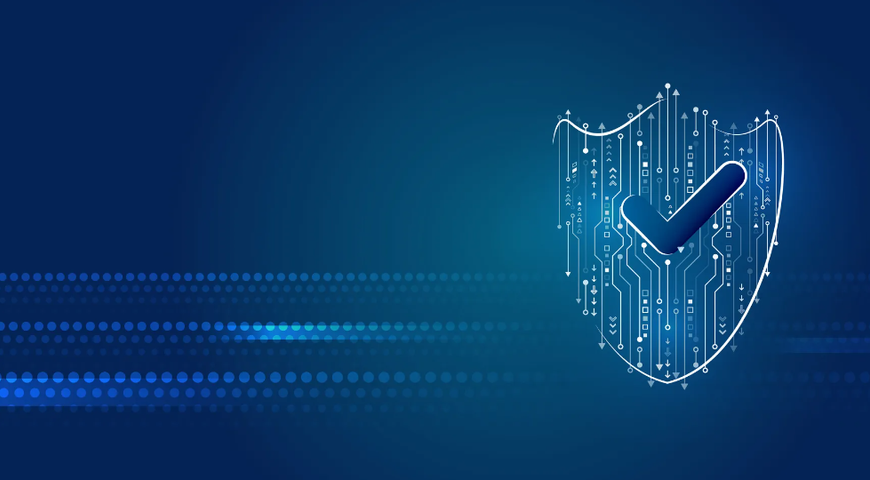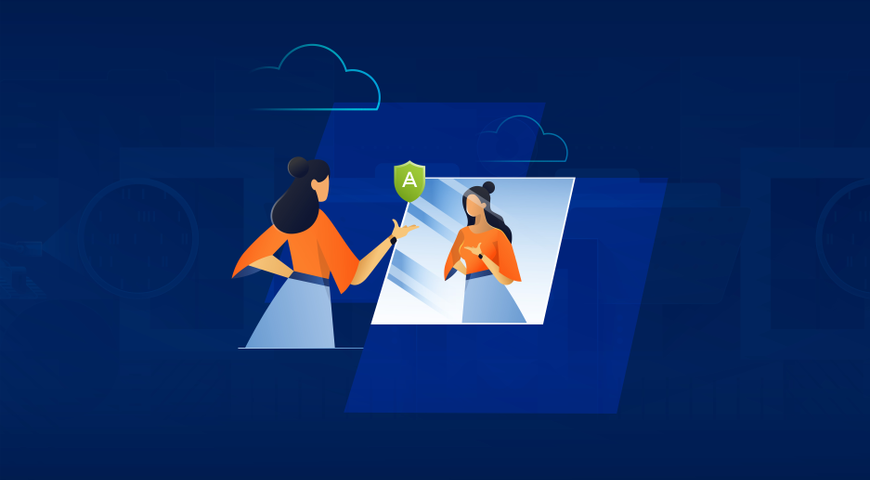
Today, many technology professionals and other tech community insiders consider the Linux operating system (OS) to be more inherently secure than virtually any other OS, including the latest versions of Windows and macOS.
But is this really true, and if so, does this mean you still need antivirus software or other cybersecurity solutions for Linux?
In this article, we’ll take a closer look at the Linux OS, determine if it’s really more secure that other options, and make a recommendation related to antivirus software and other cybersecurity options.
What is Linux?
But first, what is Linux and the Linux operating system? Linux is an operating system similar to Window, macOS, and even iOS. The biggest difference between Linux and other operating systems is that Linux is “open source,” which means the code — the Linux OS kernel — used to develop Linux is free and open to the public. Today, Linux is the best-known and most widely used open-source OS in the world.
Yet unfortunately, this popularity has led to increased attention from cybercriminals. As Linux continues to grow market share, the industry has seen a corresponding increase in malware and cyberthreats targeting Linux servers and workloads. As these attacks become more frequent, companies must do all they can to secure their Linux-based systems.
Why is Linux considered the safest OS?
Linux has always enjoyed a reputation as a secure OS, even from its earliest days. In fact, when it comes to security, many technology professionals, IT managers, and developers consider it to be a better option than even Windows or macOS. This is true for a few different reasons:
· The open-source advantage: The fact that Linux is open source means that an army of coders — comprised of hundreds, even thousands of tech professionals — actively reviews, edits, and refines the community’s work to make sure there are no bugs or other vulnerabilities. Even though Microsoft and Apple may have large development teams, they can’t compete with even bigger teams focused on Linux.
· Permission-based structure: Linux uses a permission-based structure where users can be prevented from performing certain activities, such as administrative tasks that may lead to security vulnerabilities.
· Less attention from cybercriminals: Hackers don’t spend as much time targeting Linux-based systems as they do with systems based on other, more popular OSs such as Windows. This is true for one simple reason: Linux actually has low usage numbers. For example, Linux currently has about two percent of the desktop market share, which pales in comparison to Windows’ 80%.
It’s like the famous quote from bank robber Willie Sutton, who, when asked why he robbed banks, replied, “It’s where the money is.” In this case, hackers looking to create the most damage possible would be wise to target OSs other than Linux.
· Extra steps for common tasks: When using Linux, it may be more difficult to open and accidentally execute a dangerous attachment than in other operating systems. Instead of just a common double-click, Linux requires additional steps such as saving attachments before opening and possibly even the use of permission controls to open certain files. These extra steps can often stop what could have been a successful cyberattack.
Thanks to advantages like these, it is understandable why many consider Linux to be the most secure operating system available today.
Does my business need a Linux antivirus software?
Yet despite all of these benefits, using antivirus solutions with a Linux OS is still a good idea. The fact remains that cybercriminals are highly motivated to stay a step ahead of the good guys and will continue to use new technology and techniques to avoid detection.
Also, the average cyberthreat is much more sophisticated than they were just a few short years ago. Cybercriminals now operate in well-organized networks and are often state-funded operations with vast resources at their disposal.
As mentioned earlier, it’s relatively rare for Linux to be used on desktops and more likely to be used in server settings. Unfortunately, this translates into a number of targeted Linux attacks because servers are usually based on Linux, and these servers may be where the most sensitive data resides. This includes different server types such as file-sharing servers, web servers (that may be prone to ransomware attacks), email servers, and back up servers. All need as much protection as possible.
Can you get infected by viruses and malware on Linux?
The short answer is yes. While Linux has a reputation for security, security threats can still occur, just as they would for Windows or any other OSs.
In 2019, cyber defense professionals identified the HiddenWasp malware that targeted Linux-based systems. Unlike past examples of Linux malware, HiddenWasp was not focused on DDoS or crypto-mining activity, but instead was designed for targeted remote control.
Main types of cyberattacks targeting Linux and Linux servers’ security
There are a number of security threats that run rampantly on Linux, especially related to malware., which can lead to much larger issues if they’re not detected quickly enough. In many cases, Linux can protect you from script-based threats such as viruses and worms. However, there are several other possible issues, including Linux Trojan packages that deliver backdoor access, malware, ransomware and other cyberthreats. Additional threats can include adware, spyware, and key-logging malware.
What if I don’t have a Linux server but run a Linux base OS like Ubuntu? Do I need an Ubuntu antivirus software as well?
Again, the answer is yes. In this case, Ubuntu is a variation of the Linux OS, so it is recommended that you use powerful antivirus software (and other cyber-protection software) to detect known and emerging threats, including zero-day attacks.
Acronis Cyber Protect — Integrated backup and cybersecurity solution for Linux
Acronis Cyber Protect integrates best-of-breed backup, advanced anti-malware and endpoint protection management (EDR) into a single solution. Integration and automation provide unmatched protection — increasing productivity while decreasing TCO. It offers one agent, one management interface, one license — removing complexity and risks associated with non-integrated solutions.
Integration of multiple protection technologies into one solution not only increases reliability — it also decreases the time required to learn, deploy and maintain solutions. With Acronis Cyber Protect, you get one integrated solution that delivers complete protection from today’s threats — helping you to streamline management, cut unnecessary administrative time and lower TCO.
About Acronis
A Swiss company founded in Singapore in 2003, Acronis has 15 offices worldwide and employees in 50+ countries. Acronis Cyber Protect Cloud is available in 26 languages in 150 countries and is used by over 20,000 service providers to protect over 750,000 businesses.




